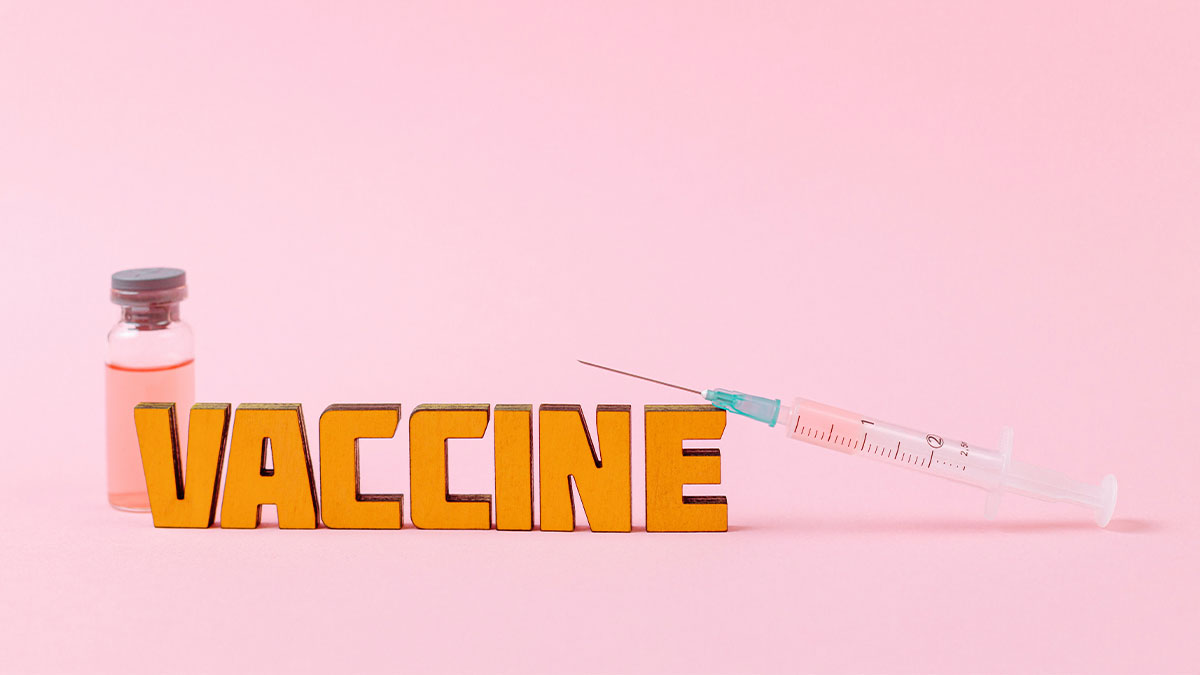Gaborone – Botswana Medicines Regulatory Authority (BoMRA) is the National Regulatory Authority established in terms of the Medicines and Related Substances Act (2013) to provide for the monitoring and evaluation, regulation, investigation, inspection, registration and control of medicines, schedules substances, clinical trials, and medical devices, and other related substances in the public interest. The application of this mandate can never be compromised and it is implemented independently by a team of qualified professionals.
The Botswana Medicines Regulatory Authority (“BoMRA)” would like to inform the public that, when the COVID-19 pandemic was declared a public health emergency by the World Health Organisation (WHO), several mechanisms were put in place to try and respond to the pandemic situation and curb the rapidy increasing incidence of serious illness and loss of life.
Following the declaration of COVID-19 as a global pandemic by WHO Director-General Dr. Tedros Adhanom Ghebreyesus in his address on 11 March 2020, the pharmaceutical industry responded by developing new products in response to the pandemic.
The World Health Organisation (WHO) and National Medicines Regulatory Authorities immediately adopted an Emergency Use Listing Procedure (EUL), a risk-based procedure for assessing and listing unlicensed vaccines, therapeutics, and in vitro diagnostics to expedite the availability of the products to people affected by the public health emergency (pandemic).
This program would further assist procurement agencies and countries in the speedy acquisition of much-needed COVID-19 medical products such as vaccines, and medical devices e.g., masks and test kits to the public.
Most medical products, vaccines specifically, had limited clinical and stability data at the time of initial submission for assessment, however, the EUL procedure allowed for a rolling review or assessment approach, where the Medicines Regulatory Authority (MRA) would assess the available data from the manufacturers.
Manufacturers were further requested to submit additional data including stability data as it became available, while the MRAs continued to assess the data and update the conditions of the approval for emergency use, of each vaccine.
Stability data is used to determine the length of time, from the date a product is manufactured, for which it will remain within acceptable quality. This period is sometimes called shelf-life. Once a product has been developed, before it is released to the market manufactures are required to produce batches that are used to generate stability data. These are called stability
batches; samples from these batches are stored in stability chambers at different storage conditions. The samples will be later drawn from the chambers and tested at specific time intervals as per the approved stability testing program.
Most COVID-19 vaccines assessed by BoMRA, initially had around 3 to 6 months accelerated and long-term stability data, as such were approved with a Shelf – Life of 6 months. As additional stability data (from subsequent testing points) became available and submitted to regulators worldwide, and the assessment outcome remained favourable, the Shelf-Life of the vaccines was extended accordingly.
The Shelf-Life extension is a well-known practice in the pharmaceutical industry, it is accepted globally if the provided stability data is adequate to demonstrate that a medical product retained its quality attributes throughout the proposed period. When the Shelf-Life extension is approved, it will apply to the current and all future batches.
Given the discussion above of the background to the manufacturing process of COVID-19 vaccines, EUL by WHO and COVID-19 response readiness, BoMRA wishes to reassure the public that, the procedures explained above are scientifically proven and were followed for all the COVID-19 vaccines that are approved for use in Botswana.
BoMRA acknowledges the concerns that may be raised and would like to assure the public that the decision was supported by essential performance data, and science to determine the quality, safety, and efficacy of the vaccines.
The mandate of the Authority is to ensure sustainable access to safe, quality, efficacious medical products by the health professionals thereby promoting the well-being of the people of Botswana. Lastly, BoMRA has established a National Medicines Information Centre which both the health professionals and the public can contact in the case of any concerns or need of information on health products affecting our medicines supply chain. The centre can be reached using the Toll Free number 0800 600 216.
